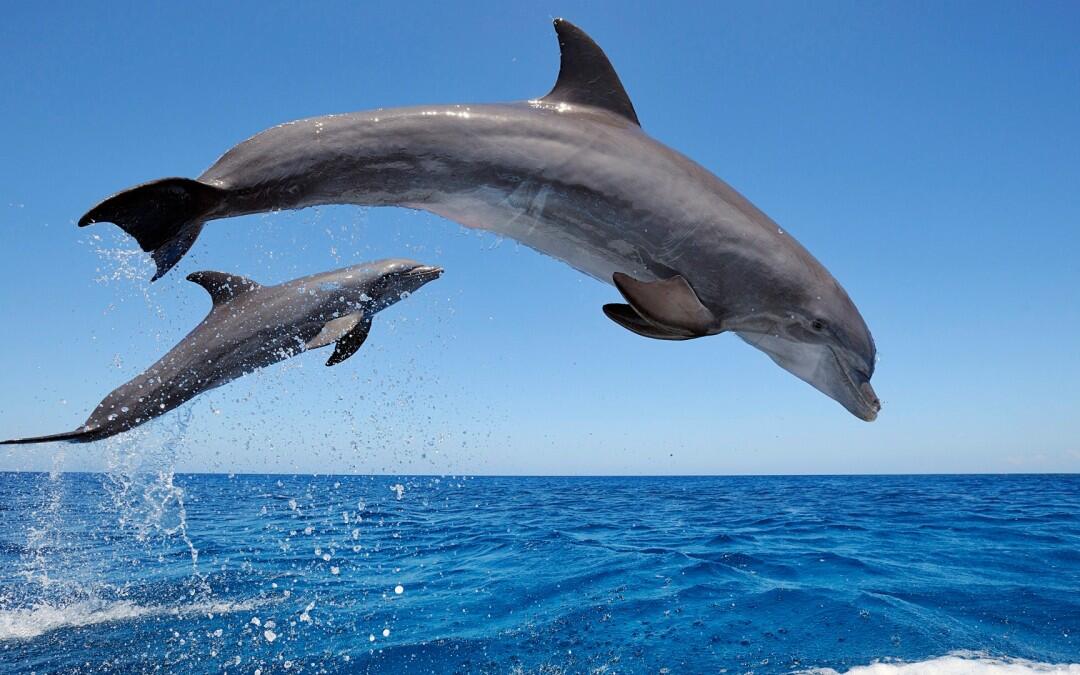Prepared by – Suzanne Abou Said Daou The Deepwater Horizon (DWH) oil spill released approximately 4.9 million barrels of oil into the Gulf of Mexico, making it the worst marine oil spill in US history. The researchers started following the dolphins shortly after the Deepwater Horizon oil rig exploded on April 20, 2010. In the wake of the unprecedented oil release, multiple studies were initiated to assess potential toxicological effects on marine wildlife especially in this article the ecologically important apex predators of bottlenose dolphins (Tursiops truncatus) . Researchers from the National Oceanic and Atmospheric Administration (NOAA) in August 2011, conducted a health assessment of the dolphins in Barataria Bay Louisiana, USA; after assessing, the researchers concluded that the 32 dolphins had oil-associated health issues. The health assessment showed that the dolphins had a high prevalence of lung disease, and almost 50 percent had abnormally low levels of the hormones that help the body respond to stress, the researchers said. Moreover, many of the dolphins were underweight and anemic, and had low blood sugar and symptoms of liver disease, the researchers reported in the 2013 study, published in the journal Environmental Science and Technology. Ten of the sampled dolphins were determined to be pregnant, with expected due dates the following spring or summer. For the new study, the researchers continued to monitor the tagged dolphins, including 10 that were pregnant during the health assessment, to determine the marine mammals’ reproductive and survival rates. Just 20 percent of pregnant dolphins in Barataria Bay gave birth to surviving calves, much lower than the 83 percent success rate in other dolphin populations, the researchers found. In addition, just 86.8 percent of the Barataria Bay dolphins survive every year. In comparison, this “annual survival rate” is 95.1 percent for dolphins near Charleston, South Carolina, and 96.2 percent for dolphins in Florida’s Sarasota Bay, the researchers said. “This dolphin population, as well as other dolphin and whale populations that were exposed to the Deepwater Horizon oil, will take a long time to recover,” said study lead investigator Lori Schwacke, a wildlife epidemiologist with the National Oceanicand d Atmospheric Administration (NOAA) The researchers followed the dolphins for nearly four years (47 months), and found that the dolphins in Barataria Bay had an approximately 60 percent lower pregnancy success rate compared with dolphins at a reference site, Schwacke said However, because they were unable to medically examine the fetuses or stillborn dolphins, the researchers had to find ways to rule out other factors that may have influenced the dolphins’ health. For instance, water samples and various necropsies (an animal autopsy) and health assessments show that harmful algal toxins and exposure to pollutants, such as pesticides, that have been linked to reproductive failure are not to blame for the high amount of reproductive failure in the bay, the researchers found. Both oil spill-associated lung disease and hormonal issues are known to harm pregnancies, Schwacke said. Furthermore, high rates of pregnancy failure were also observed in sea otters following the 1989 Exxon Valdez oil spill into Alaska’s Prince William Sound, the second largest oil spill in U.S. history, she said. “The population has not only lost adult (reproductive) females that died following the spill, but this study now shows that the remaining females are not able to birth calves at a normal rate,” Schwacke told Live Science in an email. “The restoration efforts that are being planned for the Gulf, including efforts to reduce further harm or injury and to mitigate other stressors on marine mammal populations, will be critical to promote recovery.”











